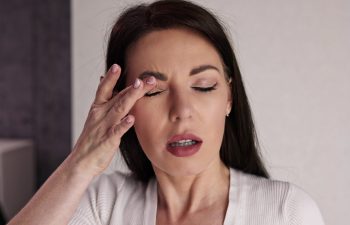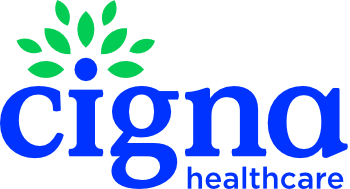
If you’ve ever felt groggy, irritable, or thrown off after the daylight saving time change, you’ve experienced a temporary disruption of your circadian rhythm—your body’s internal clock that regulates sleep-wake cycles. While most people eventually adjust after a few days, millions live with circadian rhythm disorders year-round, struggling with sleep, energy levels, and cognitive function on a daily basis.
At Century City Psychiatry in Los Angeles, we specialize in helping individuals understand and manage circadian rhythm disorders using evidence-based strategies rooted in the latest findings from institutions like the American Academy of Sleep Medicine. Recognizing the signs of this often-overlooked condition is the first step toward reclaiming your sleep, mental clarity, and overall health.
What Is a Circadian Rhythm Disorder?
Circadian rhythm disorders occur when your body’s natural sleep-wake cycle becomes misaligned with your environment or daily schedule. This internal disruption can lead to chronic insomnia, daytime fatigue, and serious impacts on mental health. Unlike temporary jet lag, circadian rhythm disorders are persistent and cyclical, making daily functioning increasingly difficult over time.
Common symptoms include:
- Difficulty falling asleep or staying asleep
- Excessive daytime sleepiness that interferes with work, school, or relationships
- Persistent fatigue that impacts memory, mood, and concentration
- Irritability, anxiety, or depression linked to poor-quality sleep
- Struggles with decision-making or mental clarity
These issues can gradually erode not just your physical health, but also your emotional and psychological well-being. According to recent studies, individuals with untreated circadian rhythm disorders are at increased risk for depression, cognitive decline, and even metabolic diseases like diabetes.
Types of Circadian Rhythm Disorders
There are several different types of circadian rhythm disorders, each with distinct causes and patterns. These include:
- Delayed Sleep-Wake Phase Disorder (DSWPD): Individuals fall asleep and wake up much later than normal, often struggling with late-night alertness and daytime sleepiness.
- Advanced Sleep-Wake Phase Disorder (ASWPD): Characterized by early sleep onset and early morning waking, this is more common in older adults.
- Shift Work Sleep Disorder: Affects those who work nontraditional hours or rotating shifts, disrupting the body’s ability to maintain a consistent sleep schedule.
- Non-24-Hour Sleep-Wake Disorder: Often seen in individuals who are blind, this disorder causes the circadian rhythm to drift later each day.
- Irregular Sleep-Wake Rhythm Disorder: Marked by a lack of a clear sleep pattern, with fragmented sleep and multiple naps throughout the day and night.
Understanding your specific subtype is crucial in developing a customized treatment plan that targets the root of the problem.
What Causes Circadian Rhythm Disruption?
Several factors can contribute to a misaligned internal clock, including:
- Frequent travel across time zones (jet lag)
- Genetic predisposition
- Age-related changes in melatonin production
- Exposure to artificial light at night or insufficient light during the day
- Irregular work or school schedules, especially among shift workers
At Century City Psychiatry, our team works closely with patients to identify the root cause of their disorder, using advanced diagnostic techniques and in-depth assessments to guide treatment. We often incorporate behavioral therapy, light therapy, sleep hygiene education, and medication management into a comprehensive care plan.
Restore Your Rhythm, Reclaim Your Health
Living with a circadian rhythm disorder doesn’t just affect your sleep—it can deeply disrupt your mental focus, emotional balance, and quality of life. If you suspect that your sleep-wake cycle is out of sync, early intervention can make a life-changing difference.
Contact Century City Psychiatry in the Century City district of Los Angeles today to schedule a consultation. Our team is here to help you realign your internal clock and achieve better sleep, better focus, and better health—starting now
Posted on behalf of
10323 Santa Monica Blvd, #108A
Los Angeles, CA 90025
Phone: (310) 340-0089
Email: contact@centurycitypsychiatry.com





